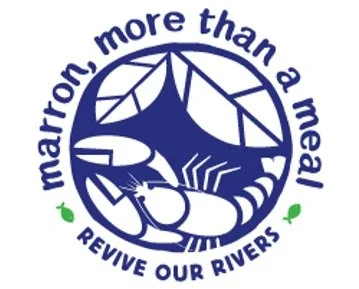PROJECT OVERVIEW
The inland aquatic fauna of south-western Australia, a global biodiversity hotspot, is highly endemic. Unfortunately, they have been impacted by a range of stressors such as salinisation, habitat destruction, water extraction, and introduced species with climate change being a more recent and ongoing threat causing reductions in streamflow and increases in water temperature.
On the Swan Coastal Plain, channelisation of many river reaches was conducted last century as part of agricultural development. A large section of the Harvey River was channelised in the 1930s. Channelisation reduces the amount of habitat complexity such as pools and backwaters that are known to be important as refuges for native aquatic species; particularly during the summer period. Protecting and restoring riparian vegetation and re-snagging of such streamlines would help many of these unique fauna by a providing shade, shelter, and a greater range of habitats for them to occupy.
Under the “Marron, more than a meal - Revive our Rivers” project (developed by the Harvey River Restoration Taskforce), an ecological survey was undertaken by Murdoch University’s Harry Butler Institute in 2018/19 at five sites Harvey River. The survey revealed the Harvey River was home to nearly 50% of the region's endemic freshwater fish along with the iconic Smooth Marron, along with the culturally important Southwest Snake-necked Turtle and Carter's Freshwater Mussel. However, it concluded that the conditions in summer in the channelised sections were extreme and that the lack of complex habitat, such as deeper refuge pools, was likely causing native fish to either die or leave those reaches. It therefore recommended that a habitat restoration project be trialled.
Members of the Harvey Aboriginal Corporation and Murdoch University at the knowledge sharing day at Bristol Rd.
In autumn 2020, large logs were strategically placed into the Harvey River at three sites upstream of Bristol Road. To assess the benefits, pre and post aquatic ecological monitoring was undertaken by HBI between 2020 and 2023. This has revealed increases in the diversity of macroinvertebrates at the restored sites and also detected the Smooth Marron for the first time in at least 12 years. As part of that project, an additional site at Riverdale Rd was earmarked as the next restoration that will occur in autumn 2024.
The current project will initially involve hydrological modelling of the new Riverdale Rd restoration site to inform the placement of the constructed fish habitats (‘Fish Hotels’) within that section of the river. Subsequently, the students of our educational partners (Harvey Senior High School, Mandarah and Bunbury TAFEs) will construct the 'Fish Hotels' in consultation with our project partner OzFish Unlimited using natural materials using designs that have been shown to be effective for similar sized native fish and crayfish in eastern Australia. Please see examples of these Fish Hotels that have been successfully used in river restoration in eastern Australia, here:
The project will then move to the monitoring and knowledge sharing phases. The monitoring will use standardised scientific ecological modelling protocols (i.e., Southwest Indicator of River Condition (SWIRC) protocols specifically designed to enable the changes in the ecology and biodiversity of the restoration reaches to be quantified over time. The monitoring will continue to occur at the three restoration sites and three control sites at the existing Bristol Rd restoration reach, and also at the new Riverdale Rd restoration reach in autumn 2024, 2025, and 2026.
The project has a strong emphasis on knowledge sharing with the local community, particularly with the Traditional Custodians of the Harvey region (Binjarep) with the aim of increasing the appreciation and respect for the biodiversity values of the Harvey River by the broader community and help empower them to protect and restore other reaches of the Harvey River and other modified streamlines on the Swan Coastal Plane.
Fish Survey DWER Log Installation - Jesse Collins
Project Team
-
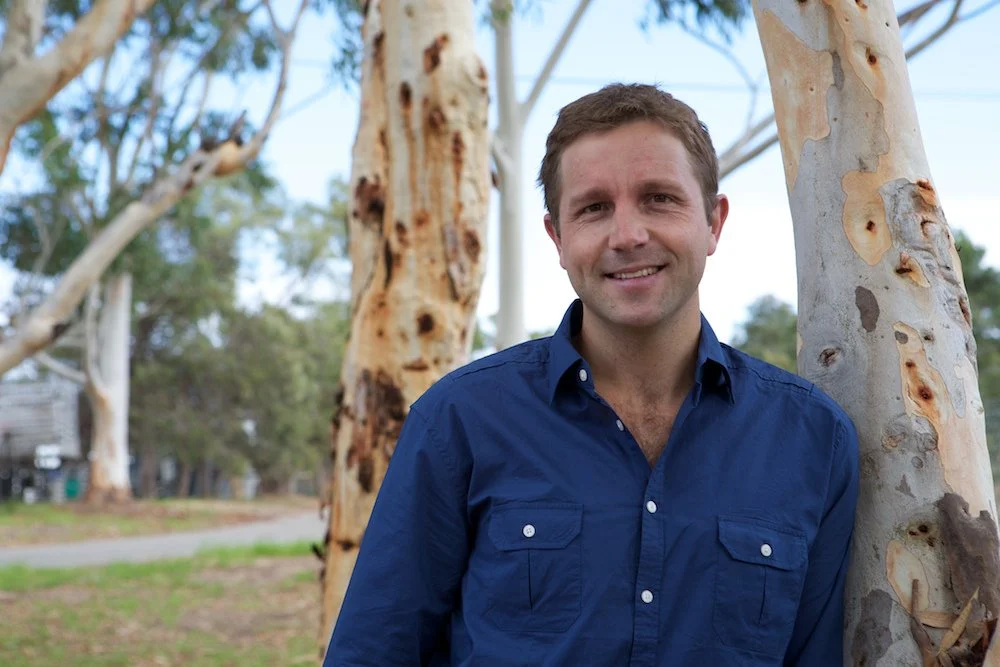
Associate Professor Stephen Beatty
PROJECT LEADER
Deputy Director
Centre for Sustainable Aquatic Ecosystems
Harry Butler Institute -
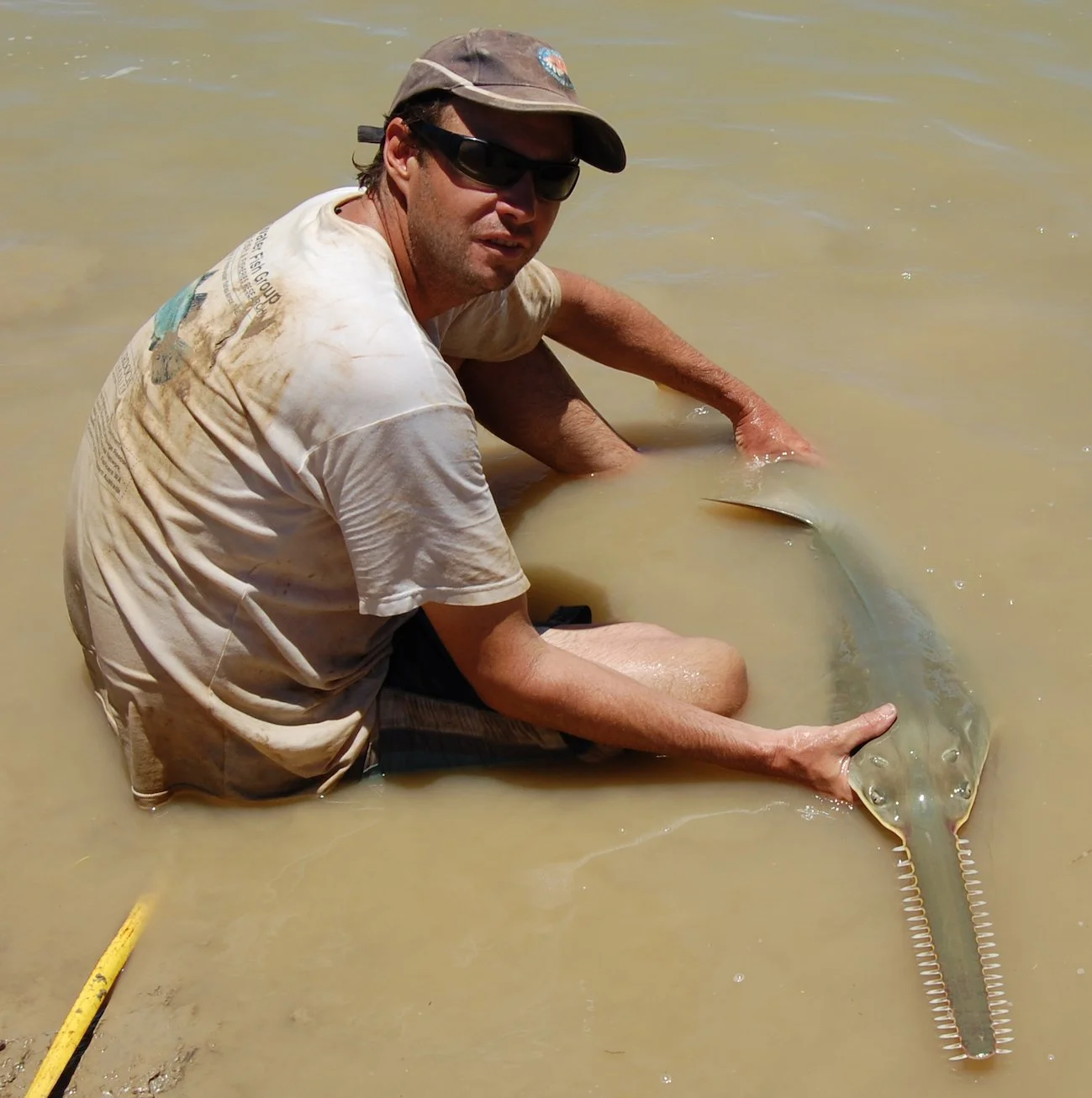
Associate Professor David Morgan
SENIOR RESEARCHER
Research Leader
Centre for Sustainable Aquatic Ecosystems
Harry Butler Institute -
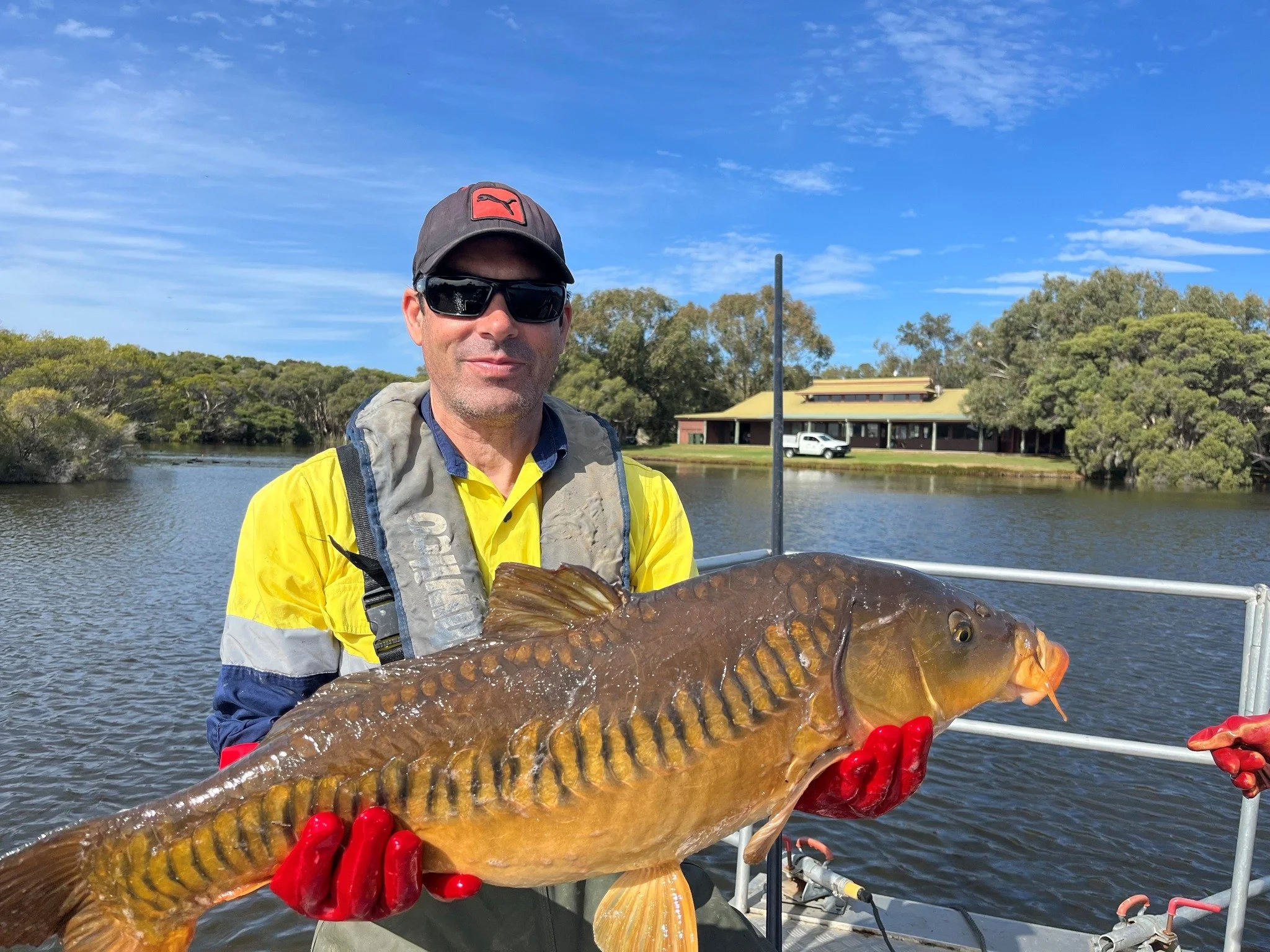
Dr Mark Allen
RESEARCHER
Post-Doctoral Researcher
Centre for Sustainable Aquatic Ecosystems
Harry Butler Institute -
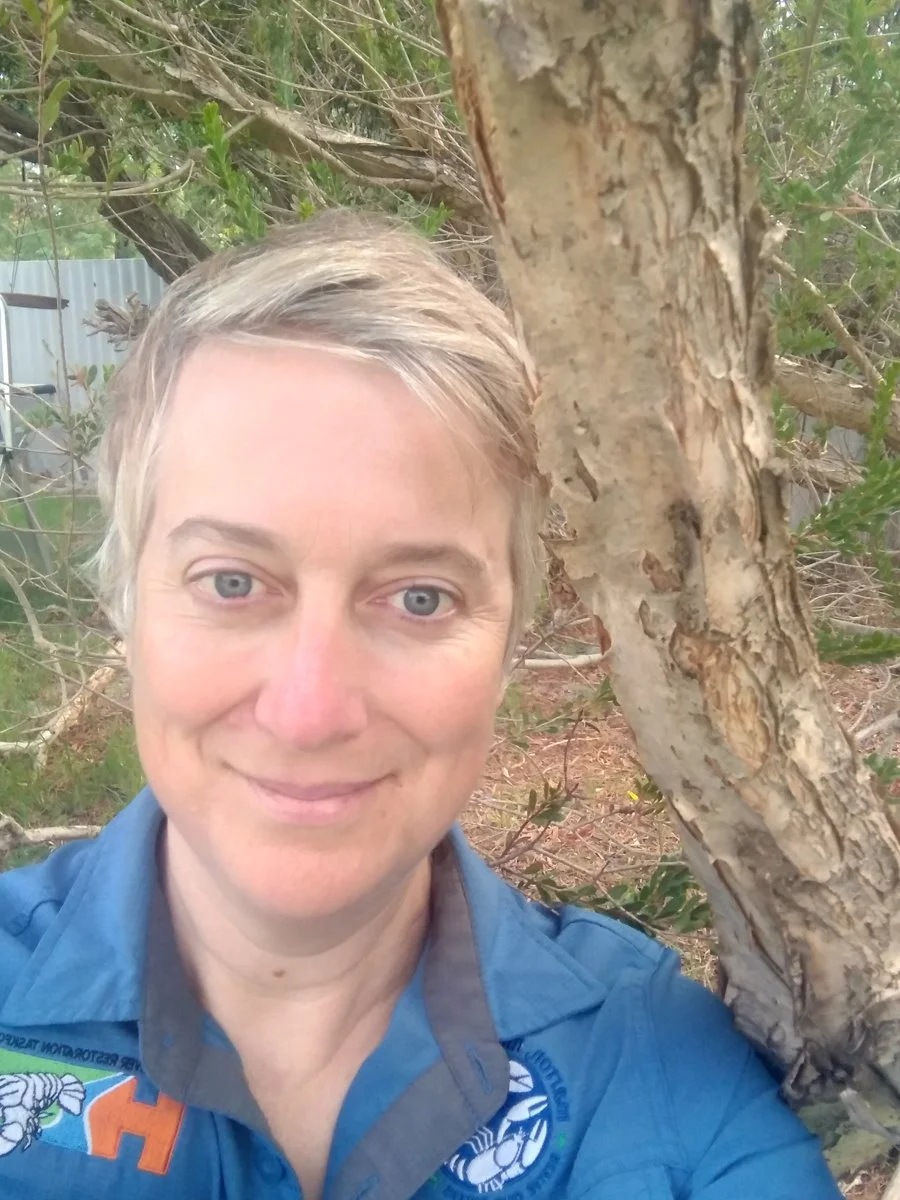
Jane Townsend
PROJECT OFFICER (COMMUNITY ENGAGEMENT)
Rivercare Officer
Harvey River Restoration Taskforce

